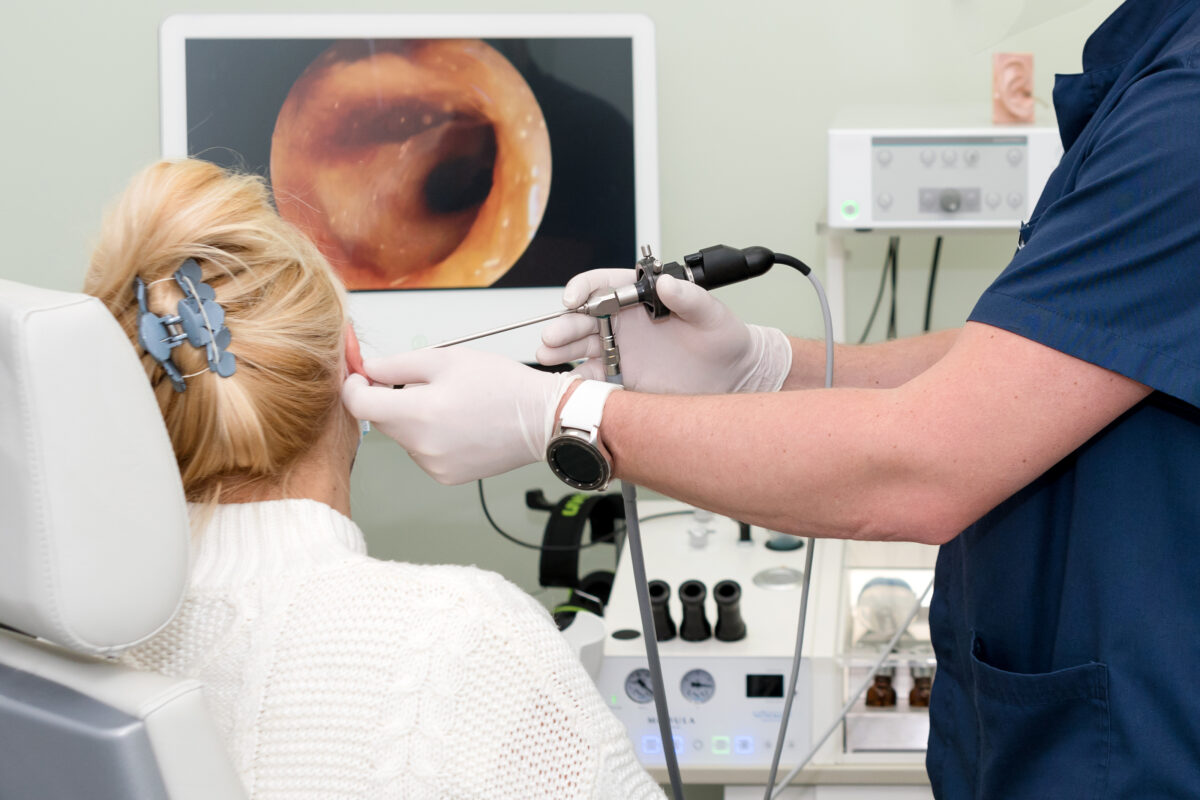Cognitive decline is normal as we age. Normal age-related declines are subtle and mostly affect thinking speed and attention, however if memory and other cognitive issue pursue it could signal Alzheimer’s or other forms of dementia. Alzheimer’s disease is the most common form of dementia, making up 70-80 percent of all cases and while there have been significant strides towards understanding what increases the likeliness of developing it, it’s still an ongoing journey.
Every September is designated as World Alzheimer’s Month, an annual celebration devoted to education and awareness around Alzheimer’s Disease. A 2019 World Alzheimer Report from the Alzheimer’s Disease International, found that many people still wrongly believe that dementia is normal aging. This alone highlights the importance of education on a public scale in order to illuminate ways to prevent and avoid this devastating condition, which affects an estimated 24 million people worldwide!
What is Alzheimer’s Disease?
Alzheimer’s disease is thought to be caused by the abnormal build-up of proteins in and around brain cells. This is made up what is called amyloid plaques and neurofibrillary tangles which attack the brain cells and cause them to die. Over time this can lead to the loss of brain function, devastating patients and the people who love them.
Modifiable Factors
No one knows the causes of dementia however the Lancet Report identified 12 modifiable factors of dementia. These are behaviors, habits and lifestyle choices which lower your risk of Alzheimer’s Disease. These include addressing high blood pressure, diabetes, quit smoking, staying active, eating healthy, avoiding exposure to toxic chemicals, staying social, limiting alcohol consumption, and dealing with depression. Another factor which piques our interest as hearing health care professionals is treating hearing loss.
Hearing Loss and Alzheimer’s Disease
The connection between hearing loss and dementia may seem like a stretch at first but on further inspection on how we hear it makes quite a lot of sense. We collect sound with our ears but when hearing loss sets in, the delivery of sounds to the brain is interrupted. This makes it difficult to follow conversations and stay alert of the world around you. Parts of words and words in sentences are lost forcing your brain to work overtime to fill in the blanks. This not only makes you feel more exhausted than normal but requires a constant strain on your brain.
Social Isolation
Social isolation is a major risk factor for Alzheimer’s Disease, however it is also all too common for people who struggle with untreated hearing loss. When we struggle to hear the exhaustion and frustration of hearing loss can build up over years. It may seem more tempting to avoid social situations all together rather than subject yourself to ongoing uncomfortable social situations. For this reason, it’s all too common for people with hearing loss to self-isolate or suffer from feeling alone, even when surrounded by the people you love. Humans are social creatures, and we feel a sense of togetherness and sense of belonging when spending time with others. It also keeps our brains sharp, introducing new situations and causing your brain to stay sharp, even as we age.
Sensory Deprivation
When we don’t use parts of our brains its common for brain cells to redistribute themselves to other cognitive functions. When hearing loss goes on for years this can also cause brain cells devoted to hearing certain tones and pitches to go unstimulated. Brain cells can die, due to audio deprivation, resulting in brain shrinkage. Alzheimer’s disease occurs due to death of brain cells as well, so the combination may certainly be connected.
Treating Hearing Loss
While there is no cure for hearing loss, hearing aids have been found to be an effective tool for amplifying sounds that would otherwise be lost, allowing people to hear with ease. Studies show that with hearing aids, you can improve your social life, stay more active and even reduce depressive symptoms. If you are concerned about your cognitive health, one step you can take today is to schedule a hearing exam now. Once we know the nature of a hearing loss, we can find the best treatment for you and all your hearing needs. Invest in the quality of your life and your future by scheduling a hearing exam today. Celebrating World Alzheimer’s Month can start with you.

